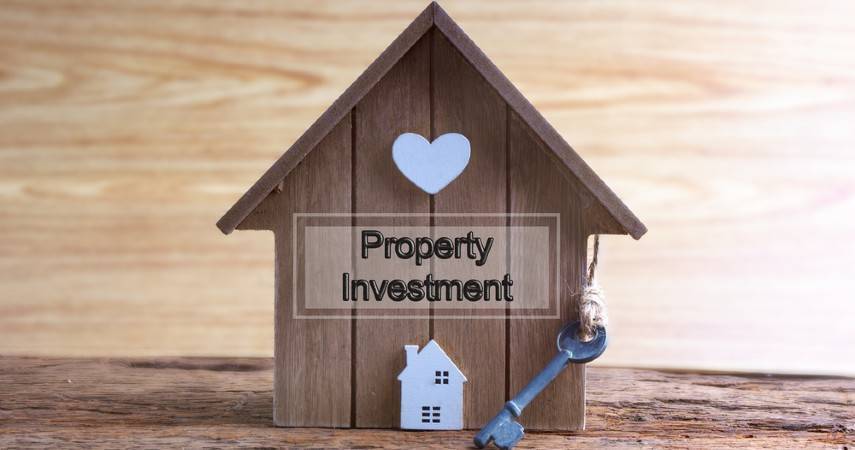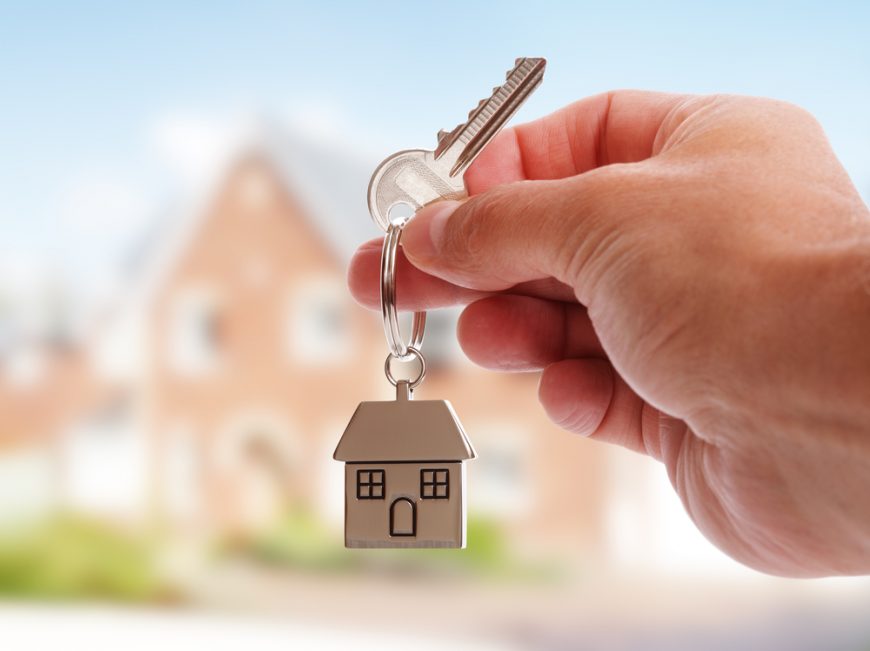How to Choose an Investment Property

Are you currently seeking out an investment property? The following are the essential details to choosing a profitable investment property.
Investment property is one of the best investments long term. It is highly advantageous when it is cash flow positive, which means that more money is coming in, than flowing out. This return is referred to as the rental yield when the owner leases to a tenant or a business. Future gains are the profits from the sale of the property. These are some typical benefits why people invest in real estate.
The main goal of an investment property is frequently to boost wealth and generate a passive income. This suggests that the characteristics you look for in a perfect investment may be different from those you search for when buying a property for yourself.
There are many advantages to investing in real estate, but it’s critical to have a strategy and make decisions that will provide the greatest returns. This article will explore essential aspects to choosing an investment property.
Capital Expansion
The increase in a property’s value over time is known as capital growth. For the property you are thinking about investing in, research the growth-trend indicators. What is the neighborhood’s median sale price? Has it increased in the last several years?
Utilise property market research tools to get a sense of capital growth in the areas you are considering. It provides:
- A complete study of suburban and real estate trends.
- Information on the demographics of the area.
- The nearby educational facilities.
- The median rental income.
You can take advantage of how your capital gains might change over time using this information.
Geographical Location
Location is a real estate cliché that equally affects tenants and investors. Put yourself in the shoes of a possible tenant and think about what they would desire in a rental. If a tenant can easily reach restaurants, shops, public transit, and other essentials for most people’s lifestyles, the property will be more appealing to them. In a larger sense, a neighborhood’s environment and safety are important factors to take into account when determining its growth potential.
The Property’s Age and Condition
This is a significant element that might have an impact on the cost equation. Older homes may require more upkeep, but it all depends on how well they are maintained. Make sure you inspect everything, from the building’s structure to its fittings and fixtures. Before you sign a contract of sale, make sure you get expert building and pest inspections performed.
It may require small repairs, or even a complete renovation. This needs to be taken into account in your evaluation.
Property Particulars
Someone will be dwelling on this property. Think about the property’s amenities. Having amenities like a garage, extra washrooms, or a residence office will greatly increase the rental worth of the house. The layout and design of the property also matter. Is it designed with everyday usability in mind? Is there any daylight present? Tenants typically search for all of these qualities, so you should investigate them before making a purchase.
In conclusion, the majority of these requirements are interconnected. Before making a decision, you should take all of these factors into account jointly. For instance, the location and age of the property will have an impact on its capital growth.



